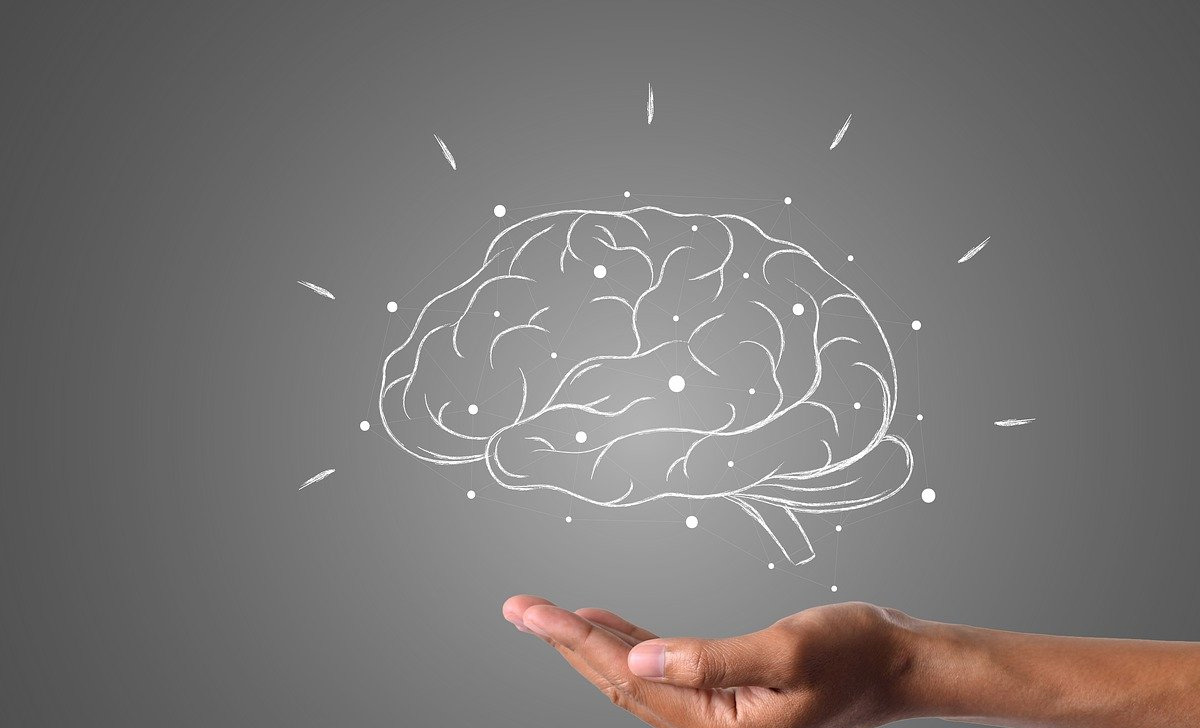How would we react knowing that an activity that we perform completely involuntarily was essential for the health of our brain?
Yet it seems so.
The study was reported by the Veronesi Foundation in the “Neuroscience” section and is truly incredible.
According to science, this involuntary activity may be able to “free” our brain from accumulated excess toxins.
We are talking about involuntary activity, as it takes place during sleep, and it would seem to be a real elixir of well-being for the mind.
The REM sleep phase seems to be decisive and it is precisely in this phase that everything would happen.
Let’s find out what it is and why, according to science, this activity would be so beneficial to that mysterious machine that is in our head.
What is the REM phase?
The REM (Rapid Eye Movement) phase is one of the phases in which the sleep cycle is divided and which can repeat itself several times during the night.
In this phase characterized by rapid eye movements under the closed eyelid, many other changes occur within our body.
But what makes it so important is the fact that dreams are concentrated in these phases.
Beautiful, ugly, sometimes real nightmares or jumble of senseless scenes and characters without a logical thread.
When we dream we are exactly in the REM sleep phase, which can be repeated 4 or 5 times in a cycle.
The researchers focused on the electrical activity of the brain, comparing that of the REM, non-REM phase and during the waking state.
What they have been able to observe would be surprising from a scientific point of view also in view of future investigations on diseases such as Alzheimer’s.
According to science, this involuntary activity purifies the brain of toxins, perhaps even removing the risk of Alzheimer’s
Scientists have observed that during the REM phase and therefore precisely at the moment dedicated to dreams, the flow of blood in the cerebral capillaries would increase.
The experiments so far have only been conducted on laboratory mice, but what they infer would be very important.
This increased flow during involuntary dreaming would help the brain cleanse itself of the waste from neuronal activity.
Dreaming would therefore be a real way of “refreshing” the mind.
As we age, the REM phases during sleep become increasingly rare and shorter and thus slow down the flow of blood in the brain.
This factor would be closely linked to the accumulation of waste products of the brain metabolism related to Alzheimer’s.
This is how the foundations would be laid for new studies also focused on therapies and treatments suitable not only for this but also for other neurodegenerative diseases.
It is really the case to hope that “dreams come true”!
Deepening
Here is who among men and women would be most at risk of getting Alzheimer’s according to science
